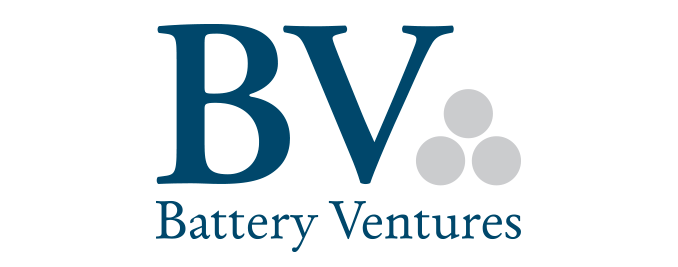
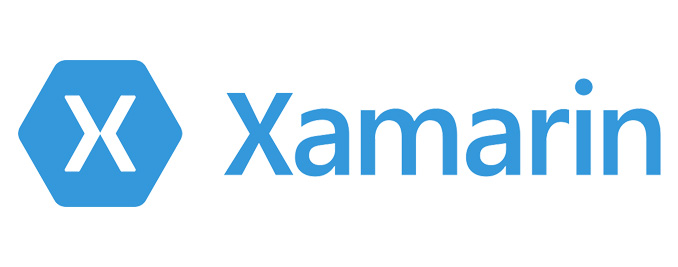
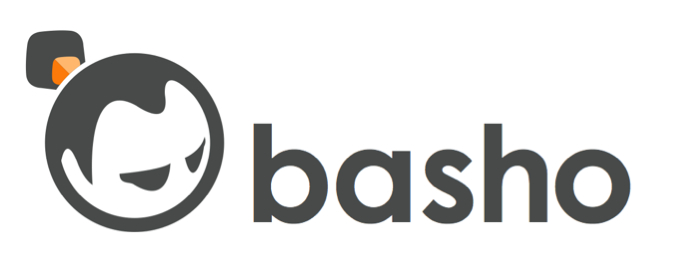
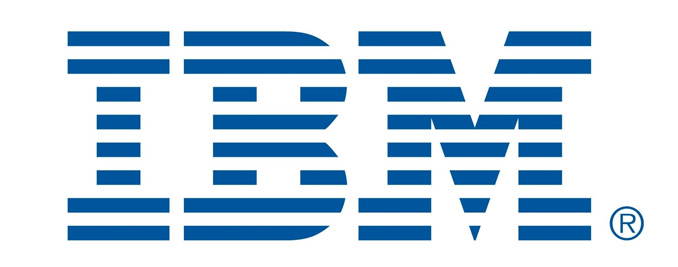
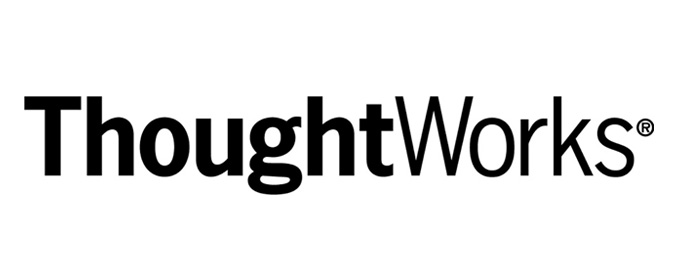
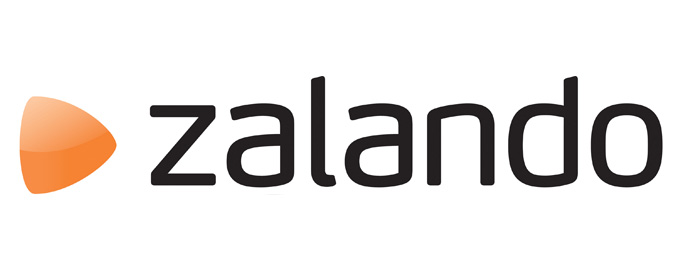
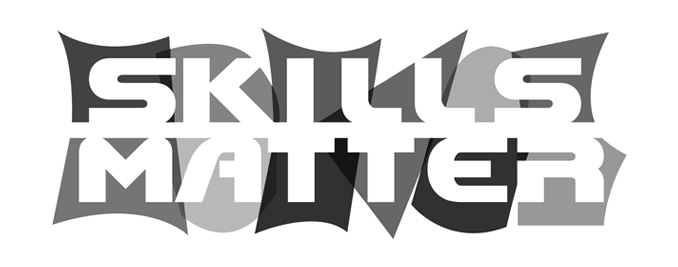
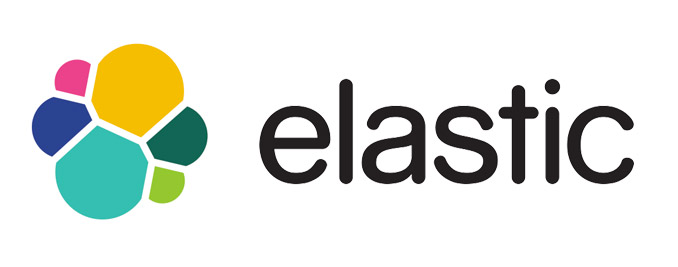
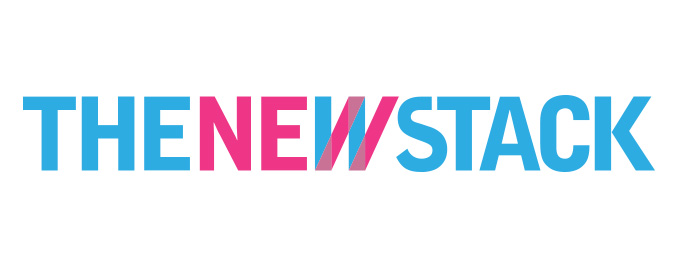
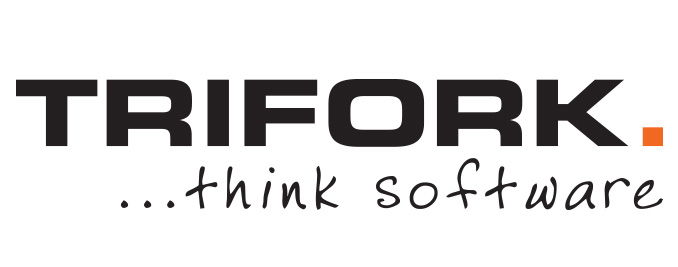
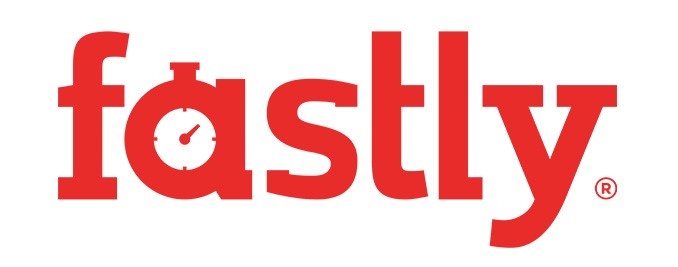
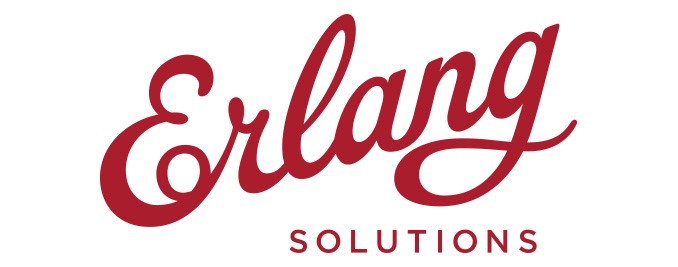
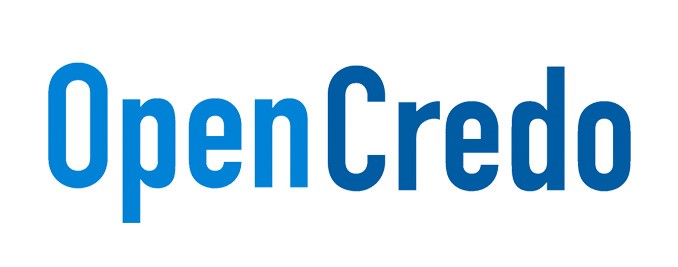
This is the first GOTO London conference ever. It is also an experiment. Many conferences have an initial keynote session for everyone followed by a wide selection of talks running at the same time. This forces you to decide what to miss, move from room to room and the individual tracks have trouble building and maintaining context.
We decided to do things differently for GOTO London.
At GOTO London, all talks are in the same room the first two conference days. The audience has a shared context as the curated story arc unfolds. You will not miss anything or waste time moving from room to room, and you will get to know each other and the speakers much better.
The three core areas that form a story arc for the first two conference days are Agile, Lean and Rugged. In each of them, we discuss the state of the art and emerging directions that will set you up with a broad view of these key concerns for developers in 2016. The third day is filled with three tracks of cases and interesting new technologies.
Learn more about the motivation behind GOTO London 2015 on this blog or watch the YouTube Video where PC Chair Adrian Cockcroft presents what to expect from the program.
| 08:15 | Registration and Breakfast |
|---|---|
| ROOM | CTRL |
| TRACK |
|
| 09:00 |
|
| 09:30 |
|
| 10:00 | Break |
| 10:15 |
|
| 10:45 |
|
| 11:15 |
|
| 12:00 | Lunch |
| 13:30 |
|
| TRACK |
|
| 14:00 |
|
| 14:30 | Break |
| 15:00 |
|
| 15:30 |
|
| 16:00 |
|
| 16:45 | Pre Keynote Drink |
| 17:15 |
|
| 18:00 |
|
| 08:15 | Registration and Breakfast |
|---|---|
| ROOM | CTRL |
| TRACK |
|
| 09:00 |
|
| 09:30 |
|
| 10:00 | Break |
| 10:15 |
|
| 10:45 |
|
| 11:15 |
|
| 12:00 | Lunch |
| TRACK |
|
| 13:30 |
|
| 14:00 |
|
| 14:30 | Break |
| 15:00 |
|
| 15:30 |
|
| 16:00 |
|
| 16:45 | Pre Keynote Drink |
| 17:15 |
|
| 18:00 |
|
| 08:15 | Registration and Breakfast | ||
|---|---|---|---|
| ROOM | CTRL | ALT/TAB | CMD |
| TRACK |
|
|
|
| 09:00 |
|
|
|
| 09:40 | Q&A Break | ||
| 10:00 |
|
|
|
| 10:40 | Q&A Break | ||
| 11:00 |
|
|
|
| 11:40 | Q&A Break | ||
| 12:00 | Lunch | ||
| 13:00 |
|
|
|
| 13:40 | Q&A Break | ||
| 14:00 |
|
|
|
| 14:40 | Q&A Break | ||
| 15:00 |
|
|
|
| 15:40 | Q&A Break | ||
| 16:00 |
|
||
On September 14 & 15, you can attend workshops that go into depth in particular areas of software development.
Duration: 9 AM - 4 PM
Instructor: Adrian Cockcroft
This tutorial goes into depth on the business need for speed that leads to microservices and the characteristics of existing microservice architectures. In addition, there will be a hands-on exercise to model your existing architecture, a future state, and the step by step migration to get there.
Audience
The audience is developers, architects, technical leaders, operations engineers, and anybody interested in the design and architecture of services and components. As part of this training, attendees get hands-on in simulating their own microservice architectures, using the open source spigo/simianviz tool.
Prerequisites
While no experience of microservices or SOA is necessary, it would be
useful. Moreover, some awareness of cloud architectures, web services, and DevOps practices
would also help.
Computer prerequisites
A laptop where you have admin rights to install software and the ability
to sync to Github to get the code and contribute changes. We will use the Go language runtime (currently version 1.4.2). Windows,
MacOSX, and Linux are supported.
Duration: 9 AM - 4 PM
Instructor: Tibi Coviaci
Most web technologies developed in the past had only one purpose, to offer the users a great experience mimicking the one you normally get from desktop applications. One way of developing those kind of applications that emerged lately is called Single Page Application, where everything fits in one single web page (more or less). Aurelia is a modern JavaScript framework that represents the happy marriage between Angular.js and Durandal.js.
In this workshop we will develop a SPA from scratch using Aurelia. The resulting application will be yours to take home to continue work on it, and learn from it. For best experience I recommend you bring your own device with any modern text editor installed (Atom, WebStorm, Visual Studio, Sublime, Notepad, vi).
Agenda
Duration: 1:30 PM - 4 PM
Instructor: Mandy Waite
Join us for a hands-on walkthrough of deploying and managing applications using the Kubernetes (http://kubernetes.io) open source cluster management and container orchestration platform. We will use Kubernetes to provision a managed cluster of Virtual Machines before we take a standard (non-containerized) web application and database and deploy them as ‘Pods’ and ‘Services’ on Kubernetes. You will use Kubernetes tools to manage the application’s ‘DesiredState and you also get to do a phased rollout of an updated version of the app using Services, Replication Controllers and Rolling Updates. After this session, you have all the knowledge needed to get your own apps up and running on Kubernetes.
Prerequisite
Basic understanding of Docker is helpful.
Computer prerequisite
You will need a laptop and an SSH client. If you have your own Google Cloud Platform Project, you can use that. Otherwise, we provide you with one.
Duration: 1:30 PM - 4 PM
Instructor: Seth Vargo
Terraform is a fantastic tool for provisioning infrastructure, but with such a broad range of responsibilities, it is easy to become overwhelmed with the API, terminology, and workflow. This tutorial covers the basics of Terraform. Beginning with a quick lecture-style introduction to Terraform, we will quickly dive deep into the tool, following the fictitious evolution of a startup as our guide. Not only will this tutorial discuss various components of Terraform, but you will also understand why and how you might make infrastructure changes with Terraform.
Now that our infrastructure is provisioned, how can we connect the various components? With one or two machines, it is easy to point IP addresses, but what happens when we have thousands? We will use Terraform to create a Consul cluster and explore service discovery and health monitoring with Consul. Depending on the time remaining, we will explore the complex problems of secret management using Vault.
Duration: 9 AM - 12 PM
Instructor: Arun Gupta
Hands-on Lab Abstract: Containers are enabling developers to package their applications (and underlying dependencies) in new ways that are portable and work consistently everywhere? On your machine, in production, in your data center, and in the cloud. And Docker has become the de facto standard for those portable containers in the cloud, whether you’re working with Amazon Web Services, Google Cloud Platform, or Microsoft Azure. Docker is the developer-friendly Linux container technology that enables creation of your stack: OS, JVM, app server, app, and all your custom configuration. So with all it offers, how comfortable are you and your team taking Docker from development to production? Are you hearing developers say, “But it works on my machine!” when code breaks in production? And if you are, how many hours are then spent standing up an accurate test environment to research and fix the bug that caused the problem? This lab offers developers an intro-level, hands-on session with Docker, from installation (including boot2docker on Windows/Mac), to exploring Docker Hub, to crafting their own images, to adding Java apps and running custom containers. It will also explain how to use Kubernetes to orchestrate these containers together. This is a BYOL (bring your own laptop) session, so bring your Windows, OSX, or Linux laptop and be ready to dig into a tool that promises to be at the forefront of our industry for some time to come.
Duration: 9 AM - 4 PM
Instructor: Dave Farley
Continuous Delivery is a complex, holistic approach to software development and has a significant impact on the ways in which organisations operate. This approach demands a broad range of skills and techniques.
This course is designed to introduce and explore a deeper understanding of these ideas and techniques. It is primarily aimed at “Change Agents” within organisations, Leaders, Lead Developers, Lead Architects and so on. This course will give you the tools to help your company become a 'Learning Organisation'. Increase efficiency and quality, and reduce risk in your software development process. Our training can teach the techniques that will allow you to increase user satisfaction and make your organisation more innovative.
We do this by teaching an approach that will allow your company to become more experimental and capable of reacting quickly and efficiently to change and allowing your software development process to become a tool that enables this flexibility rather than an impediment to it.
This one day introduction will concentrate on Continuous Delivery fundamentals. You will learn:
GOTO London is dedicated to providing a harassment-free conference experience for everyone regardless of gender, sexual orientation, disability, physical appearance, body size, race, or religion. We do not tolerate harassment in any form. Sexual language and imagery is not appropriate for any conference venue, including talks. Conference participants violating these rules may be sanctioned or expelled from the conference without a refund at the discretion of the conference organizers.
Any form of written, social media, or verbal communication that can be offensive or harassing to any attendee, speaker or staff is not allowed at GOTO London. Please inform a GOTO London staff member if you feel a violation has taken place and the management team will address the situation. Conference staff can be identified by t-shirts and special badges. Participants asked to stop any harassing behavior are expected to comply immediately.
We expect participants to follow these rules at all conference venues and conference-related social events.
Apply to be part of our Student Volunteer Crew and receive a FREE pass to GOTO London 2015.
All crew volunteers will work approx. 12 hours during the Conference days (September 16-18). In return for helping with the conference, crew volunteers will have free access to the conference and social events. Apply to volunteer by entering "crew" (without citation marks) in the promotion code field on the registration form.
For further information please contact: Marco Tomko